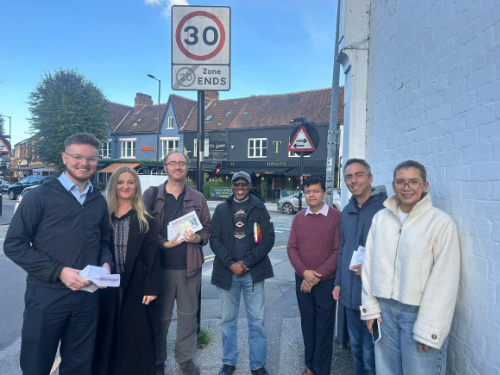
There is an age old question – when is it best to canvass? The easy answer is any time is good. However, the truth is…
This content is available only to our members.
Not an ALDC member yet?
If you're serious about winning, join today for just £9.00 per month.
See all the benefits of joining ALDC